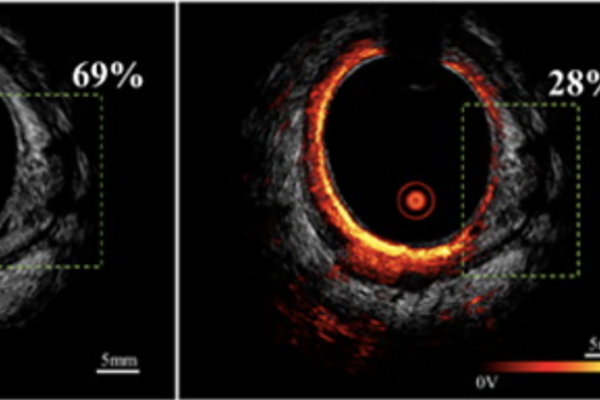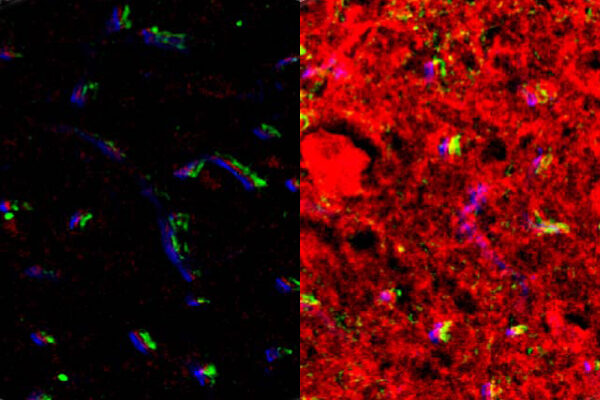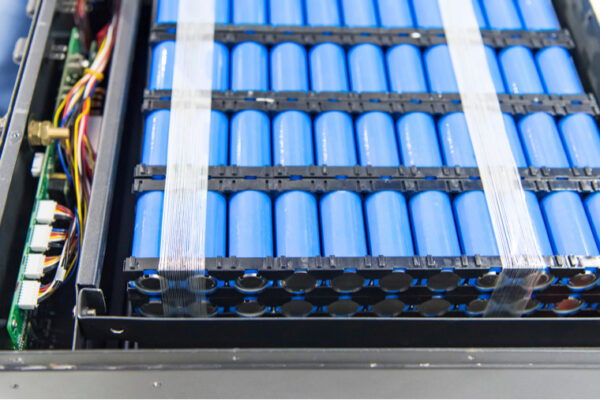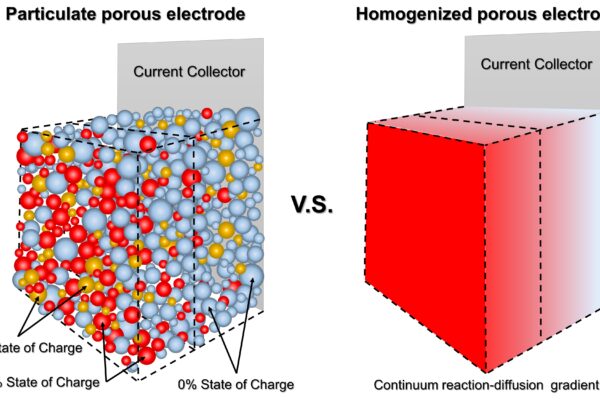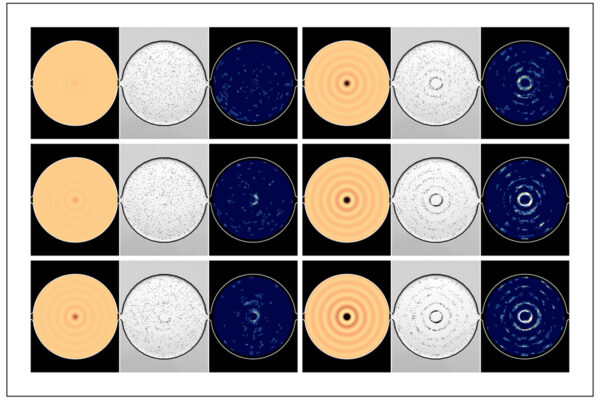‘Leap forward’ in risk management of rectal cancer
The lab of Quing Zhu at the McKelvey School of Engineering has developed an imaging system that helps differentiate residual cancerous tissue from recovered healthy tissue after treatment in patients with rectal cancer, the third-most common cancer type in the U.S.
Palghat Ramachandran, professor of engineering, 75
Palghat (P.A.) Ramachandran, professor of energy, environmental and chemical engineering at the McKelvey School of Engineering, died in his sleep March 18 of natural causes. He was 75.
FUSIN promising in therapeutic agent delivery to brain tumor
New research from the lab of Hong Chen shows that the lab’s FUSIN technique enhances intranasal drug delivery to the brainstem.
ERCOT to blame for Texas blackouts, not renewables or fossil fuels
At the McKelvey School of Engineering at Washington University in St. Louis, the situation and the fallout that followed — the rolling or lasting blackouts, national attention, the termination of the energy group’s CEO — prompted Richard Axelbaum, Stifel & & Quinette Jens Professor of Environmental Engineering Science, and Phillip Irace, PhD candidate and NSF Graduate Student Fellow, to take a closer look.
Leah C. Lorendo, adjunct instructor in engineering, 66
Leah C. Lorendo, adjunct instructor at the McKelvey School of Engineering, died Feb. 23 from complications of cancer. She was 66.
NIH awards $3.1 million grant for Washington University, St. Jude ALS research
Rohit Pappu and collaborator Tanja Mittag received $3.1 to study RNA-binding proteins that are mutated in patients with familial forms of ALS
Simple tools reveal high-fidelity truth in lithium-ion batteries
New research from the lab of Peng Bai uncovers true current density — and the forces that shape it.
Lu named editor-in-chief of ACM Transactions on Cyber-Physical System
Chenyang Lu, the Fullgraf Professor at the McKelvey School of Engineering, has been named editor-in-chief of ACM Transactions on Cyber-Physical Systems, the field’s flagship journal.
Bai receives NSF CAREER Award
Peng Bai, assistant professor at the McKelvey School of Engineering, has received a $503,025 CAREER Award from the National Science Foundation.
Fine-tuning device performance with swarms of swimming cells
J. Mark Meacham’s lab in the McKelvey School of Engineering uses motile algae cells to measure performance of high-tech microfluidic devices.
Older Stories
